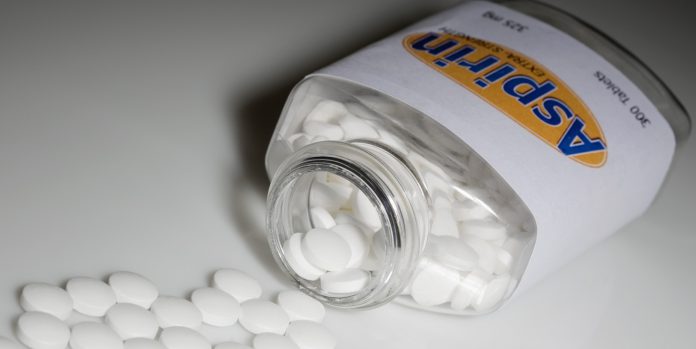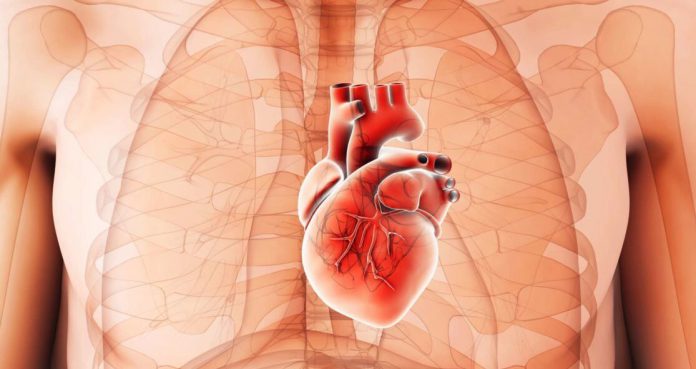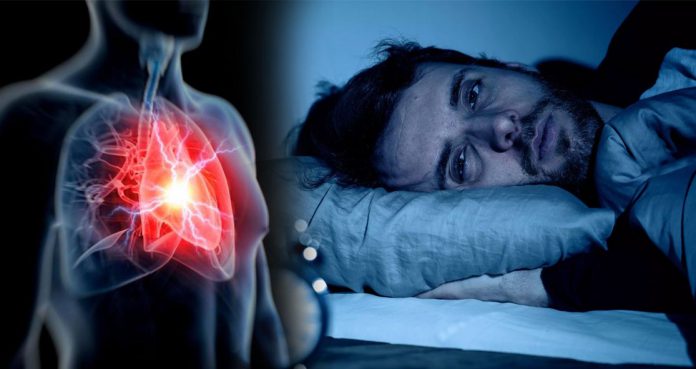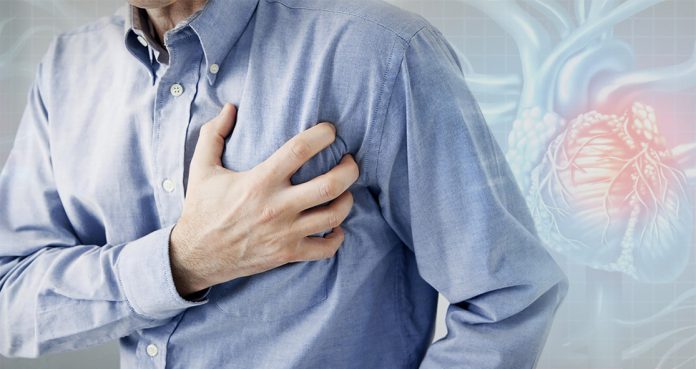Elderly with Cardiovascular Risk Factors Likely to Have Depression, Finds Study
A new study has shown that older individuals with high or very high cardiovascular risk are more likely to have depression. The study was published recently in the journal PLOS One. Cardiovascular disease and depression have often been interlinked because they share similar risk factors.
Aspirin Linked To Increased Risk of Heart Failure, Finds Study
A new study has found that the use of aspirin is associated with heart failure in people who have predisposing factors, such as smoking, obesity, high cholesterol, high blood pressure, diabetes, and cardiovascular disease. Aspirin causing heart failure is controversial.
Heatwaves Linked To Increased Risk of Cardiovascular Events
Extreme heat conditions, like heatwaves, are associated with an increased risk of serious cardiovascular events, according to new research published in the Canadian Journal of Cardiology. Extreme heat events could increase the risk of stroke, heart failure, and ischemic heart disease.
Indiana Researchers Discover New Cell That May Regulate Heart Rate
A new study from the University of Notre Dame has helped researchers to discover a new type of cell in the heart, which may help regulate heart rate. Similar to astrocytes – glial cells found in the brain, the new cells are termed nexus glia.
Bedtime Associated With Risk of Heart Disease
A new UK study has found that going to bed between 10:00 and 11:00 pm lowers your risk of developing cardiovascular disease. The study, published in European Heart Journal, found that those who slept at midnight or later had a greater risk of developing heart disease.
Researchers Report A Cardiac Patch That Can Monitor and Treat Heart Disease
A team of researchers led by a mechanical engineer at the University of Houston reported a cardiac patch made up of rubbery electronic material that can be easily implanted on the heart for diagnostic and therapeutic purposes. It is different from conventional cardiac devices that are made of hard electronic materials.
Novel Protein Therapy Could Speed Up Recovery after Heart Attack
New research on animals has found that a specific protein found in the human platelets could help improve and speed up recovery of scar tissue after a heart attack. The protein was found to help form new blood vessels, decrease abnormal heart rhythm, and boost overall heart function.


























